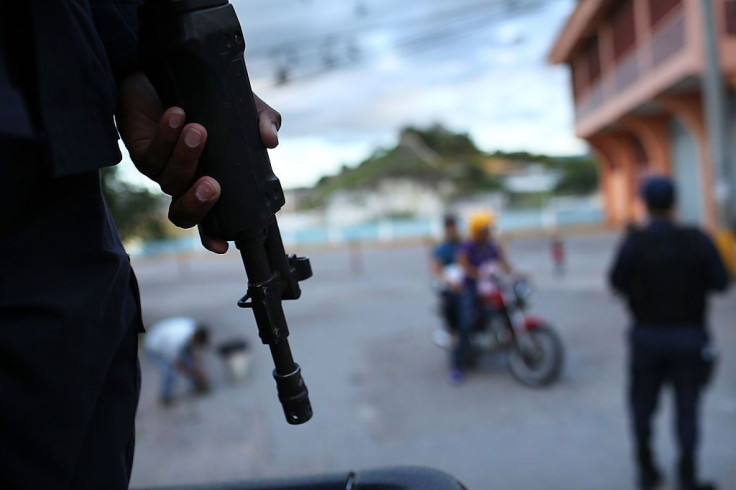
Tough times lie ahead of Bolivia, as its interim President Jeanine Áñez continues to govern in an “opaque, abusive and openly ideological” way. Bolivians have a peculiar way of describing Anez’s rule -- a gnawing mix of militarism and religious zeal, which has resulted in a regime of terror.
The interim president took office in November last year, and things have been far from peaceful ever since. Anez, who catapulted into power upon the promise of rebuilding democracy, has conjured up the opposite. As per a recent report, critics of former President Evo Morales believe that the interim President has deepened the cracks in the system, by carving divisional damage beyond repair in Bolivia.
The country, which has a population of 11 million people, is headed for further doom as Anez seems to be holding on her position rather tightly -- and is reportedly milking on the catastrophic effects of the coronavirus pandemic to extend her presidential tenure.
Experts highlight three ghastly disasters since Anez came to power: widespread fires across the Bolivian Amazon last year, the electoral crisis and the COVID-19 pandemic. All these points to one thing: new constitutional reform to restrict presidential powers, strengthen the judiciary, while devising effective ways to eradicate poverty.
“The installation of the Áñez government has been marked by the blood of Bolivians,” said Valeria Silva Guzmán, a former Mas congresswoman, as per a media report, now claiming asylum in Mexico. “Deaths, prison, repression, political persecution … it’s basically a regime of terror,” added Guzman.
Anez’s rule comprised of ghastly strategies: to legalize the authorized use of lethal force by police and soldiers. While the rule of law was revoked, deaths of up to 28 demonstrators were recorded followed by two massacres. The reason behind the killings continues to remain unresolved.
What’s more, Anez who declared her own candidacy for president in the upcoming elections has been accused of repeatedly postponing the polls. Citing pandemic as the reason to halt elections, the 52-year-old politician seems to be rather reluctant to let go of her political powers.
With over 8,000 cases and 293 confirmed deaths in Bolivia, COVID-19 is one of the other distressing issues that continue to plague Bolivia, despite the country being on stiff quarantine since March 17. While June 1st saw the easing of the restrictions and a subsequent spike in the cases tested positive, people continue to question the reasoning behind the delay behind the electoral rerun until September or beyond.
© 2025 Latin Times. All rights reserved. Do not reproduce without permission.




